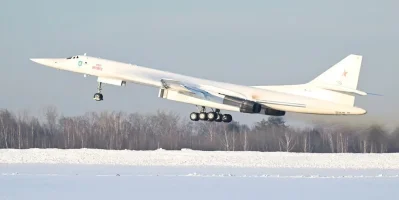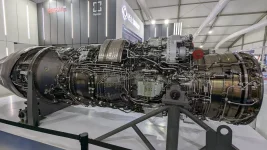- Views: 2K
- Replies: 13

India faces a potential delay in the delivery of the remaining two S-400 Triumf air defence systems from Russia, a critical component of its national security strategy.
Originally slated for delivery in 2025, the fourth and fifth S-400 squadrons are now expected to arrive in early and mid-2026 respectively, according to recent reports.
This delay, attributed to the ongoing Russia-Ukraine conflict, has prompted the Indian Air Force (IAF) to explore alternative solutions to ensure continued preparedness.
In 2018, India signed a landmark $5.43 billion deal with Russia for five S-400 squadrons. These advanced systems are renowned for their ability to track and neutralize a wide range of aerial threats, including aircraft, drones, and ballistic and cruise missiles, at ranges of up to 400 km. The first three squadrons have already been deployed, bolstering India's defence capabilities along its western and eastern borders.
However, the conflict in Ukraine has disrupted Russia's defence industry, impacting its ability to fulfill export orders. Last month, IAF Chief Air Chief Marshal Amar Preet Singh acknowledged the delay, citing logistical and production challenges stemming from the conflict. This delay poses a significant challenge for India's defence planners, who are keen to operationalize the complete S-400 system to maximize its defensive coverage.
To address this potential gap, the IAF and the Ministry of Defence are actively exploring alternative measures to maintain readiness. This includes the possible procurement of additional air defence systems from other suppliers or accelerating indigenous development programs.
While the delay is a setback, it also highlights the importance of a diversified approach to defence acquisition. India's reliance on a single supplier for critical defence systems underscores the need for strategic planning and the development of domestic capabilities.
The S-400 remains a cornerstone of India's air defence modernization efforts. Its ability to counter a wide array of threats, especially in the context of regional tensions with China and Pakistan, is crucial. Despite the delay, India remains committed to the S-400 program, recognizing its importance in safeguarding national security.
The IAF is expected to optimize the utilization of the existing S-400 squadrons while actively seeking interim solutions to ensure comprehensive air defence coverage. This situation also presents an opportunity for India to further strengthen its indigenous defence industry and reduce its reliance on foreign suppliers.




